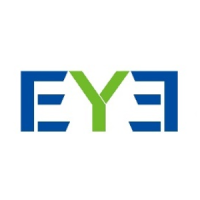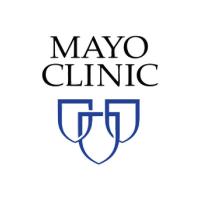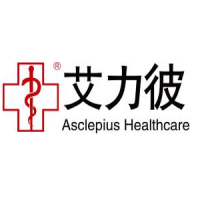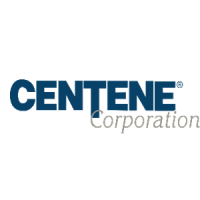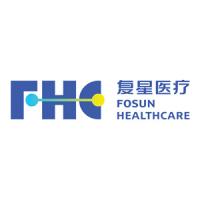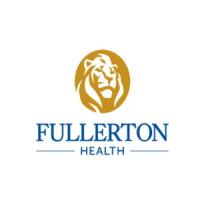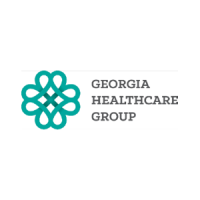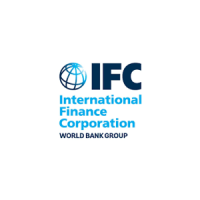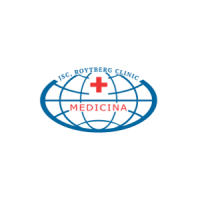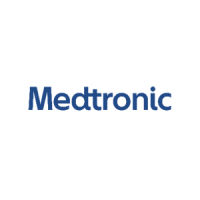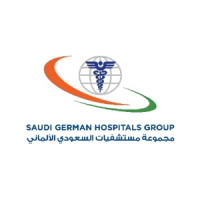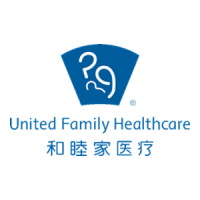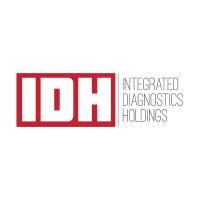Background
The World Bank Group has adopted twin goals of ending extreme poverty by 2030 and promoting shared prosperity. These goals guide the World Bank Group's work towards and its support for universal health coverage, which seeks to ensure that everyone can access the health care they need without suffering financial hardship. Access to high-quality, affordable health care serves as the foundation both for individual growth, allowing people to lead fulfilling and productive lives, and for broader social and economic development, nurturing the human capital needed for a society to thrive.
Private sector health care providers play a vital role in advancing global access to high-quality, affordable health care. Their success in supporting the growth of stronger health systems hinges in part on building trust and confidence among the communities they serve. Although many health care organizations strive to operate according to the highest ethical standards and make a positive contribution to society, some do not. At the same time, some aspects of the health care sector can incentivize unethical practices. Recognizing that health care providers operate in many different contexts, IFC, in collaboration with the World Bank, has launched the EPiHC initiative to develop a broadly applicable set of principles to promote ethical conduct and support daily decision making.
The World Bank and IFC began developing EPiHC by seeking extensive input from a diverse group of health care providers and policy experts, as well as investors and other health system stakeholders. The approach to developing this platform was targeted, broadly consultative, and iterative, with the various feedback informing the final product in the aggregate without individual attribution. Based on stakeholder input, the Bank and IFC identified key operating issues for health care providers that could involve an ethical component, and developed a set of principles to address these areas. A top consideration was to ensure that these principles would be clear, universally applicable—and easily adoptable by organizations, whether large or small; operating independently or as part of a system; or serving a middle-income country or emerging-market economy.
Signatories of EPiHC voluntarily commit to follow the ten EPiHC principles. EPiHC guides ethical practice and decision making, rather than creating specific requirements or prescriptive performance standards. Signatories are encouraged to publicly adopt, support, and reference EPiHC in their work, as well as to exchange good practices with other health care organizations.
Some organizations have not focused on the various ethical issues that arise in operating in the health care field. EPiHC provides a benchmark for organizations. Adoption sends a clear signal to the world of a signatory’s commitment to best ethical practices. EPiHC was intentionally designed as a voluntary commitment – to encourage wide accessibility and foster a “race-to-the-top” among private health care providers, payors, and investors. As such, EPiHC does not maintain an enforcement mechanism or complaints procedure. Signatories decide on their own how they want to implement these principles.
The EPiHC Secretariat will communicate with signatories and showcase actions that are driving Implementation, as well as offer opportunities and networks that encourage knowledge sharing and boost signatories’ capacity for implementing the principles.
The impact of EPiHC will go far beyond the organizations that adopt it; as more and more providers, payors, and investors commit to EPiHC, these principles will affect the whole of the health care system, guiding and influencing decision-making in a way that promotes quality, affordable care for all.
A Call to Action
Ethical principles in the health sector are important for improving the lives of people around the world. Private health care organizations have a vital role to play in promoting such standards. EPiHC represents an important step toward codifying the types of behaviors and values expected. Therefore, we invite health care providers, payors, and investors to adopt EPiHC.
Companies
We invite health care organizations and investors to adopt EPiHC. For some organizations, adoption will represent a first step toward codifying such principles and for others, it will complement existing corporate codes and statements.
By becoming an EPiHC signatory and using the EPiHC logo, organizations are signaling a commitment to high ethical practices to improve the lives of patients and their employees, the environment, and the communities they serve.
Governments
Governments serve as the stewards of the health system and, because of their role, should promote and incentivize ethical behavior. Governments are encouraged to call on all participants in the health system to embrace and adopt ethical principles. They need to provide relevant, transparent, and stable policies and regulations that are administered consistently. Governments have an important role in leading the public dialogue and working together with the private sector and civil society to discuss and address prevalent issues and concerns in the health system.
Other Stakeholders
Everyone has a role to play in promoting equitable, quality health care access. We encourage all stakeholders to speak up about the practical issues they encounter that jeopardize the ethical provision of health care. The need for ethical principles has never been greater and all voices are important for highlighting the challenges and offering solutions. It is also incumbent on all stakeholders—including patients and staff—to help hold health care providers accountable to their obligations and commitments, and to ground their behavior in the tenets of EPiHC.
Promoting Ethical Conduct in the Global Health Sector
Silven Chikengezha, Global Sector Lead of Health Services at IFC, invites healthcare leaders to join the EPiHC collective.
Founding Signatories
Twenty leading health care organizations have endorsed EPiHC as Founding Signatories. These organizations represent a variety of actors within the private health care industry and operate in both developing and developed economies.


